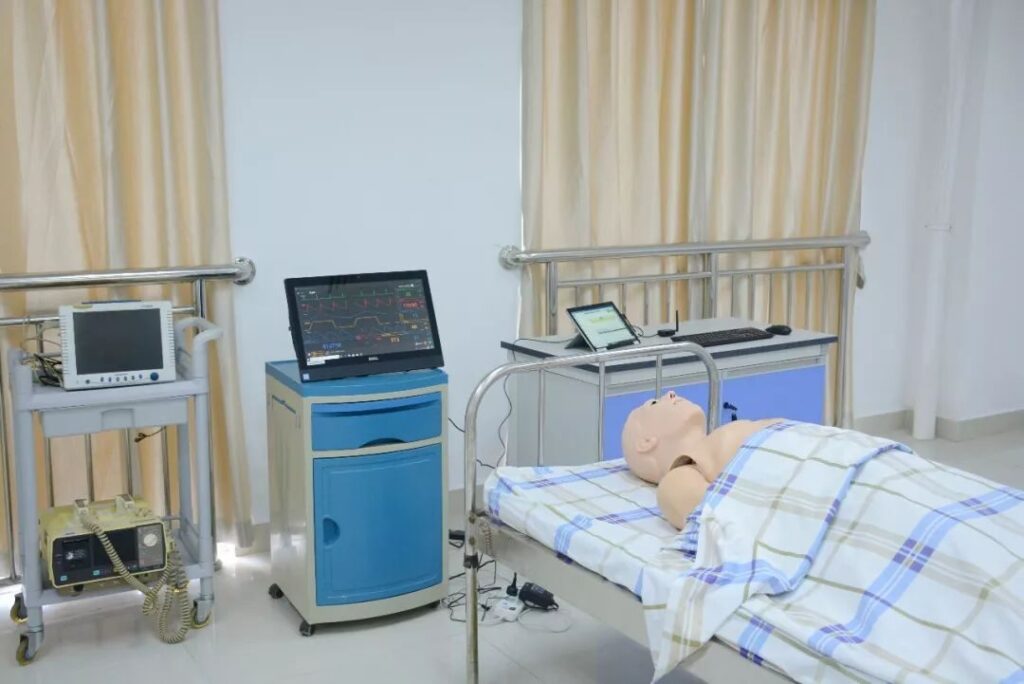
Identification par radiofréquence (RFID) La technologie est de plus en plus utilisée dans l’industrie médicale. Il utilise des signaux de radiofréquence sans fil pour identifier et transmettre des données, améliorant ainsi l’efficacité et la qualité des services médicaux. En termes de sécurité des médicaments, La technologie RFID peut jouer un rôle important, ce qui se reflète spécifiquement dans les aspects suivants:
Améliorer l’efficacité du suivi et de la gestion des médicaments: Les étiquettes RFID peuvent être fixées sur l’emballage des médicaments, et l’information sur le médicament, y compris le nom du médicament, Spécifications, Numéro de lot, etc., peut être lu rapidement par l’équipement de balayage pour garantir l’authenticité et l’efficacité du médicament. De cette façon, Le personnel médical peut vérifier les informations sur les médicaments lors de l’utilisation de médicaments et réduire le risque d’erreurs de médication.
Améliorez les capacités de gestion des stocks: Utilisation de la technologie RFID, Les hôpitaux peuvent surveiller l’inventaire des médicaments en temps réel et saisir avec précision le flux et l’état de stockage des médicaments. Cela permet non seulement de réduire les arriérés de stocks et les médicaments périmés, mais aussi réapprovisionner les stocks à temps pour s’assurer que les patients peuvent utiliser les médicaments nécessaires en temps opportun.
Soutenir la prise de décision clinique: La technologie RFID peut fournir des données détaillées sur l’utilisation des médicaments, ce qui est très précieux pour les médecins et les pharmaciens. Par l’analyse des données, Nous pouvons mieux comprendre la tendance de consommation des drogues, Soutenir la prise de décision clinique, et améliorer la rationalité de la médication.
Améliorer la sécurité des patients: Les erreurs de médication sont l’un des problèmes importants en matière de sécurité médicale. La technologie RFID peut aider les hôpitaux à réduire les erreurs de médication causées par l’erreur humaine, améliorant ainsi la sécurité des patients.
Médecine personnalisée: Dans certains scénarios médicaux haut de gamme, La technologie RFID peut être utilisée pour suivre les dispositifs médicaux ou les implants personnalisés afin de s’assurer que les patients reçoivent un traitement sur mesure.
La technologie RFID joue également un rôle important dans la fourniture de soins de haute qualité aux patients:
Optimiser le flux de travail: Grâce à la technologie RFID, Le personnel médical peut trouver rapidement l’équipement médical et les consommables dont il a besoin, gagner du temps, améliorer l’efficacité du travail, et avoir plus de temps pour se concentrer sur les soins aux patients.
Réduire le risque d’infection: La technologie RFID peut aider les hôpitaux à suivre et à surveiller le nettoyage et la désinfection des dispositifs médicaux, s’assurer que chaque dispositif médical répond aux normes de désinfection avant utilisation, et réduire le risque d’infection du patient.
Améliorer la satisfaction des patients: L’application de la technologie RFID peut réduire le temps d’attente des patients, améliorer la qualité des services médicaux, et ainsi améliorer la satisfaction et la fidélité des patients.
Bref, La technologie d’identification par radiofréquence est d’une grande importance pour améliorer les normes de sécurité des médicaments et fournir des soins de haute qualité aux patients. Avec l’avancement et la popularisation continus de la technologie, La technologie RFID jouera un rôle plus important dans le domaine médical et apportera plus d’avantages aux patients et aux institutions médicales.






